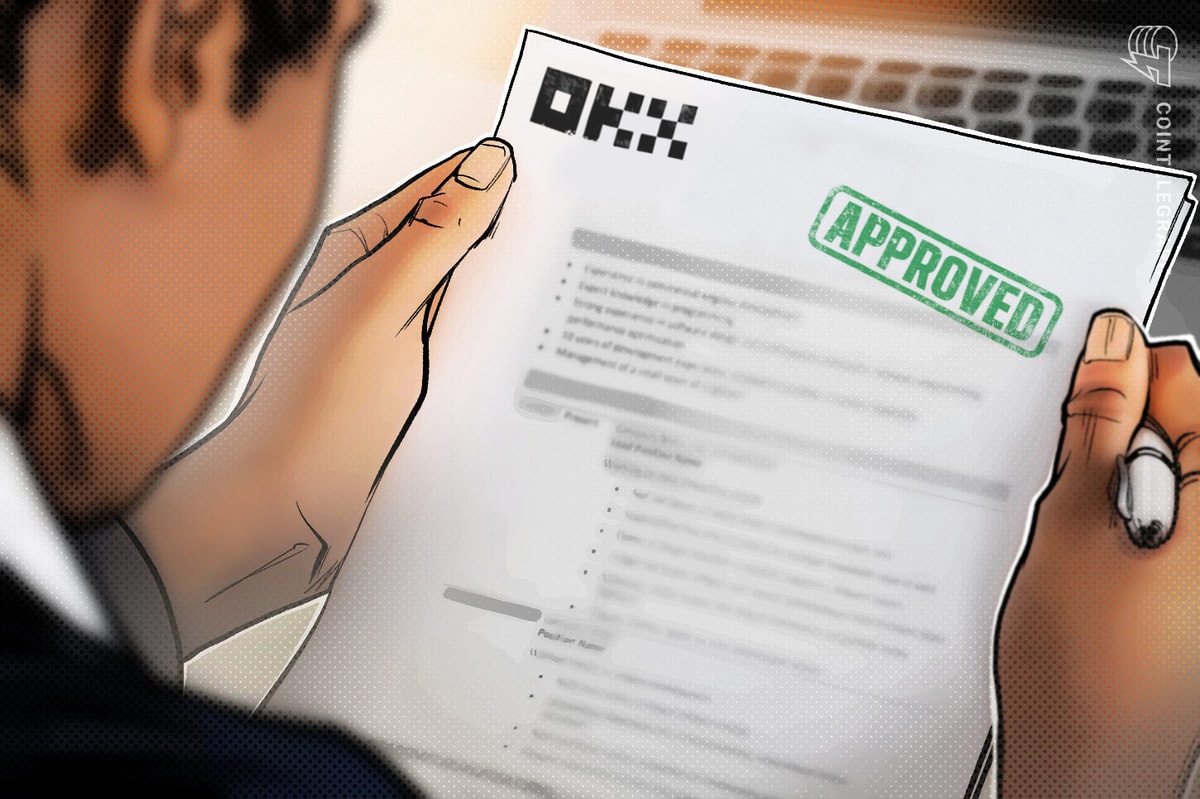
Arab Bank’s Swiss subsidiary, based in Zug, has announced it will now offer Bitcoin and Ethereum custody and brokerage services.
Arab Bank (Switzerland), a subsidiary of major financial services provider Arab Bank, is opening up full brokerage and custody services for Bitcoin and Ethereum.
Originally founded in 1930, Arab Bank is the largest financial institution in the Middle East, and the first one to open serious economic ties with Europe and the world at large through subsidiaries such as its branch in Switzerland. Although hardly a significant financial institution on the scale of Wall Street’s largest banks, Arab Bank still holds some $50 billion in various assets and a large sway over a very rich world region.
Arab Bank Adopts Bitcoin
In an announcement posted on its official website on September 19, 2019, the Swiss arm of Arab Bank is going to make purchase of bitcoin and ether “as accessible and efficient as any other investment.” Although Arab Bank’s press release was fairly sparse on the details of this expansion, local Swiss media claims that custody solutions will be managed using the Taurus Project’s blockchain software, specialized for institutional investors.
In an apparent coincidence, this Swiss subsidiary has actually been headquartered in the “Crypto Valley” of Zug, Switzerland, since the offshoot was first founded in 1962. With the remarkable regulatory friendliness of Zug, Arab Bank (Switzerland) claims that it is in a position to offer digital assets directly to its customers, in addition to custody services.
While Zug offers a special climate for institutions such as the Arab Bank to thrive in the world of cryptocurrency, there are a number of other banks also attempting to move more directly into crypto asset brokerage that find themselves in more of a limbo. Institutional interest in cryptocurrencies like bitcoin has been climbing steadily over the past several years with a wide variety of potential solutions for getting around regulatory sluggishness.
Other financial institutions, such as private trusts and custody solution startups, have been trying to get in on the action as well. Legacy Trust, a Hong Kong-based asset management firm, has begun selling cryptocurrency assets in addition to its pre-existing repertoire, planning to hold $28 billion in custody by the end of the next three years. Similarly, Israeli startup GK8 has launched with a business model to provide specialized custody solutions to a number of institutional investors worldwide.
Still, with Arab Bank’s well-entrenched status in such a crypto-friendly area, it could provide a major case study for what it will look like when larger banks take a more direct role in the space.










